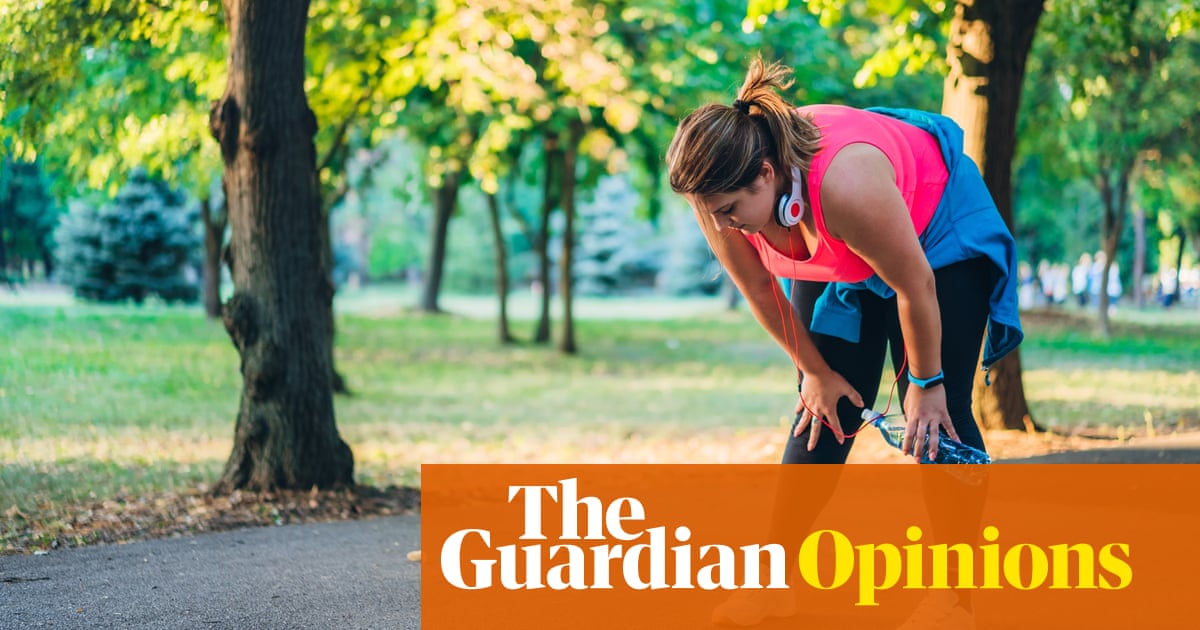
For months in the UK we have had 30,000-50,000 new Covid cases of the Delta variant a day and about 1,000 dying from the disease every week, and NHS leaders are saying the hospital and ambulance services are at breaking point. Now, to make matters worse, the Omicron variant has arrived. This new variant will probably evade immunity to some extent, but we don’t know by how much. It may be more transmissible, but we are not sure. And we don’t know whether or not it will cause more severe disease.
Faced with this uncertainty and contradictory messages, what are we to do? After the disappointment of last Christmas, many of us are desperate for socialising, parties and fun. We are also desperate to avoid lockdowns. So should we be making that one stitch now to save nine later; taking steps now to try to save Christmas? Steps such as wearing masks in all indoor public spaces, working from home where we can, only going shopping and travelling where necessary and engaging in only our top priority social events?
Last year, behavioural scientists participating in Sage wrote about how people could protect themselves and others over the winter season. They set out evidence-based principles for reducing household transmission during social interactions and how to make a household plan to protect ourselves and others.
The principles set out then still hold for this festive season. First, it’s important to remember that all social interactions increase the risk of infection. The risk is greater with larger events that last a long time and are held in poorly ventilated and crowded spaces. The safest interactions are outdoors. Consider whether in-person interactions are essential and cannot be postponed or replaced by safer forms of interaction.
Interactions with those you are familiar with are likely to be risky. They may pose greater risks than interactions with those you don’t regularly come into contact with as people are more likely to relax and let their guard down. Loud talking, laughing and singing all increase risk as infected people breathe out viral aerosols that are inhaled by others. Sadly these are all things people enjoy doing at Christmas, but as much as we might like to, we can’t avoid these facts.
The risks posed by social interactions can be reduced by ensuring indoor spaces have good ventilation or air filtration. High ceilings ensuring large air volumes per person are likely to reduce risk. Reducing the numbers of people, the time they are together, avoiding close interaction, shouting and singing, and asking everyone to take a lateral flow test before and after the event will all help.
Planning for an event in advance and agreeing on a risk mitigation strategy will make everyone safer. Planning for events should be done in an inclusive way that enables people from different groups to engage and ensures that support is provided to those who are physically and/or socially vulnerable. This can help educate as well as protect. Principles of equality and fairness must be at the heart of providing guidance as measures are more likely to be adhered to if perceived as fair and just.
The past 19 months have been difficult for us all, and everyone was looking forward to this holiday season as a time to celebrate with friends and family. Omicron is a challenge to our plans. Let’s maximise our chances of fulfilling our festive hopes by socialising safely.
Susan Michie is director of the UCL Centre for Behaviour Change












